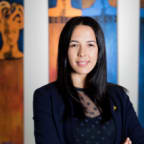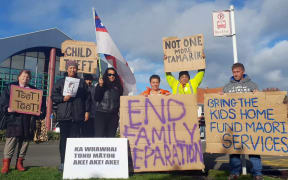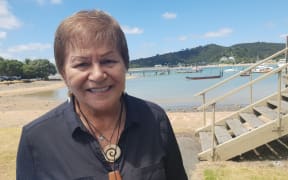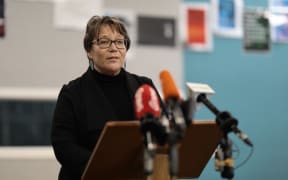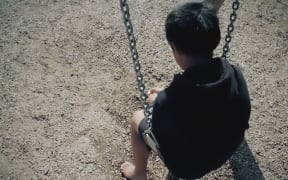Former Māori Party leader Dame Tariana Turia is calling for Oranga Tamariki's chief executive Grainne Moss and Minister for Children Tracey Martin to resign.
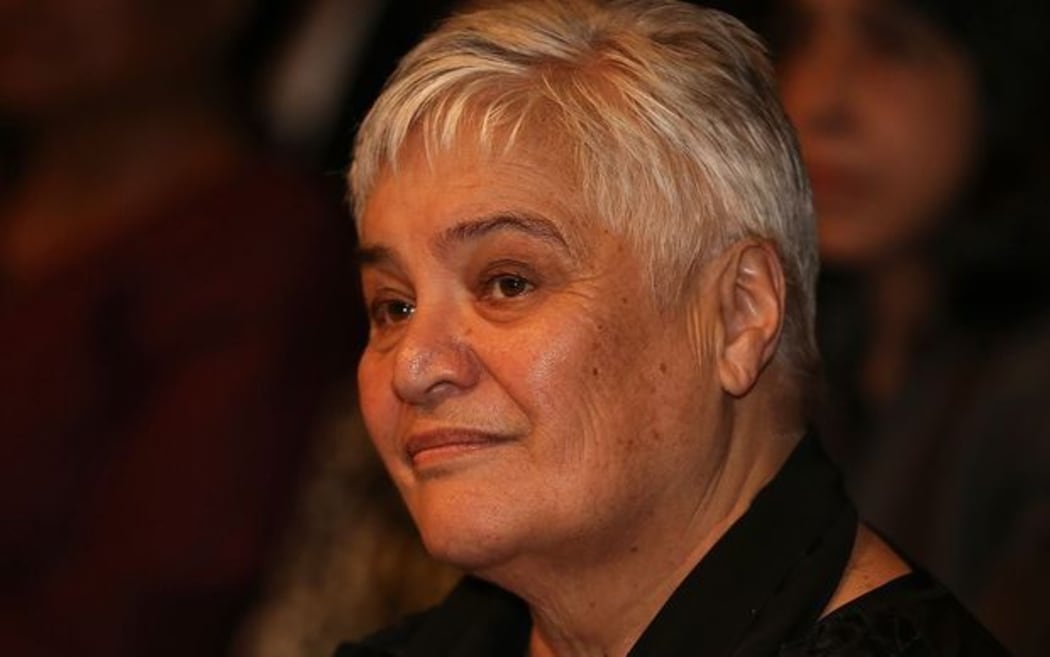
Photo: RNZ
It comes as pressure mounts on the agency after a report by Children's Commissioner Judge Andrew Becroft highlighted failures in the way it deals with Māori whānau.
The report found 12 Māori families of babies aged 0-3 months had been subjected to poor social work practice, racism, and were not treated with dignity.
Mothers talked about having information kept from them, experiencing threats and coercion, not having confidentiality respected, and being lied to.
Whānau Ora leader Merepeka Raukawa Tait said the report's findings were no surprise.
"The social workers and the practitioners within Oranga Tamariki - their expectation is that Māori mothers will fail," she said.
"Their expectation and the way they treat Māori is that the mothers are the enemy."
One mother in the report said her social worker tricked her into signing an agreement to hand over custody of her child.
Another new mother was not even allowed to see her baby before it was taken from the delivery suite.
Another interviewee said she was told to have an abortion if she wanted to keep her older children by a social worker under Child, Youth and Family.
A pregnant woman said her social worker tried to get her back on drugs so they had a reason to take the baby.
Raukawa-Tait said it highlighted the rampant racism within Oranga Tamariki.
"The culture does not lend itself to supporting the mothers - that there is no willingness to work in partnership with the wider whānau as well," she said.
"It is one layer after another that is absolutely burying the mothers."
Mothers quoted in the report said their progress - like being drug-free or completing parenting courses - was not always recognised by their social workers.
Senior Māori midwife Jean Te Huia said some of the examples of social work in the report were shocking.
"I was extremely upset when I read that the social worker would not allow the mother to kiss or cuddle or hug her children who were in care," she said.
"They were only allowed to sit facing each other and talk and that kind of behaviour speaks of oddities."
Whānau in the report raised their concerns about how much power social workers had.
Te Huia said some social workers would only allow mothers to see their children if they got on well with the mothers.
"They have had so much power for so long and it has never been tested and it has never been challenged," she said.
"Their behaviour has gotten worse and worse and worse to the point that they believe they are judge and jury."
Former politician Dame Tariana Turia said the report was yet another reminder of Oranga Tamariki's poor treatment of whānau Māori.
"I am tired of the racist behaviour of this department," she said.
"We must not tolerate it anymore - as a people we are going to have to stand up and stand by those of our families who are affected."
Turia said she had seen some good social workers and the problem was with the leadership of Oranga Tamariki chief executive Grainne Moss.
"Grainne Moss needs to go and I hate to say, because I really like Tracey Martin, but maybe Tracey needs to go too - because she stands by Grainne."
Neither Moss nor the Children's Minister Tracey Martin would be interviewed and offered no response to the calls for their resignations.
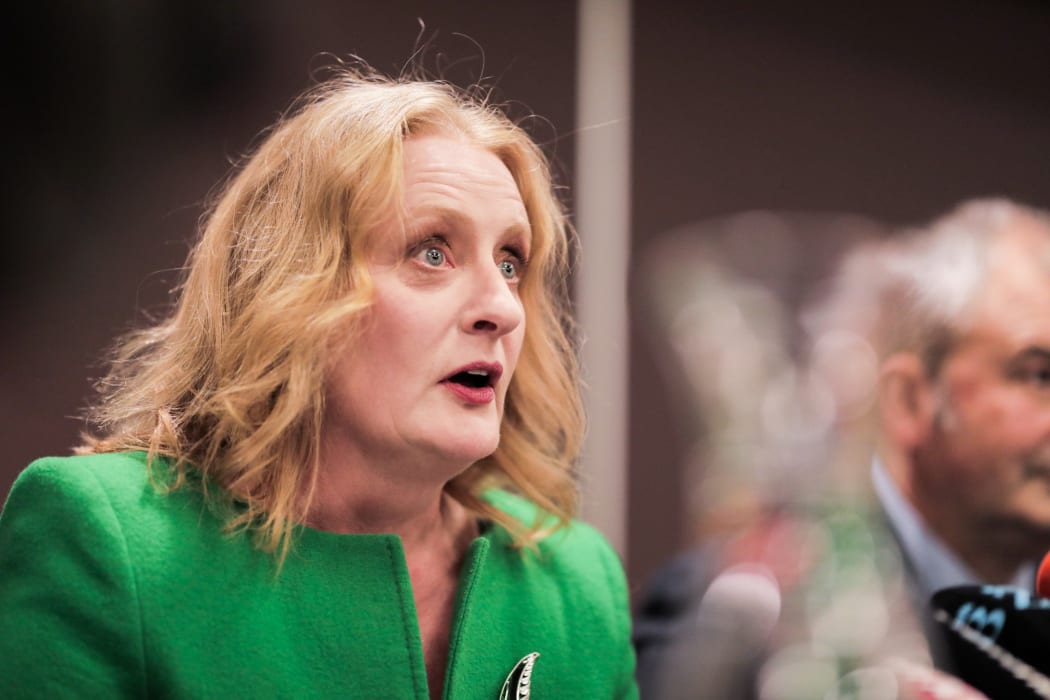
Oranga Tamariki chief executive Grainne Moss. Photo: RNZ / Dom Thomas
In a statement, Moss said their social workers were dedicated to their jobs and worked hard in challenging environments to do their best for children and young people.
She said they were trained to understand colonisation and the Treaty of Waitangi, and the agency had a Māori Cultural Framework which guides staff to deeper their understanding of Māori values.
Yet - between 2010 and 2019, the rate of urgent entries into care doubled for Māori newborns, but stayed the same for non-Māori.
Hands Off Our Tamariki spokesperson and researcher Alison Green has been comparing the state care systems in Canada and New Zealand.
The Oranga Tamariki legislation restricted mana motuhake, and Māori needed a system of their own like tribes in Canada, Dr Green said.
"We are ready for tribal governments," she said.
"For tribes to be able to enact legislation and for tribes to take over the jurisdiction and authority of their young Māori people and their families and take it right away from the state."
An internal review by Oranga Tamariki and a major inquiry by Whānau Ora have both highlighted failures in the way the agency deals with Māori.
There has been a 7 percent increase in Māori social workers at Oranga Tamariki since July.
